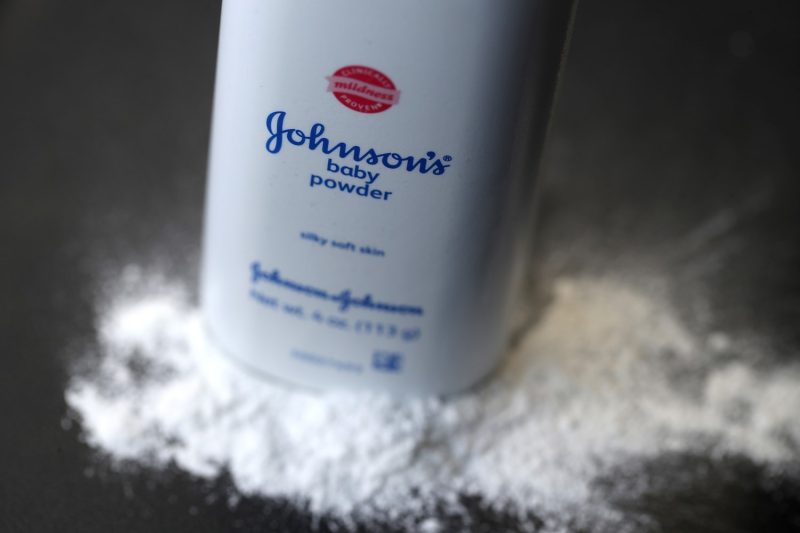Johnson & Johnson, a well-known multinational corporation specializing in pharmaceuticals, medical devices, and consumer goods, recently made headlines with its decision to settle numerous talc ovarian cancer lawsuits in the United States. The company has agreed to pay a staggering $6.5 billion to resolve almost all the pending lawsuits related to talcum powder products causing ovarian cancer. This move marks a significant development in the ongoing legal battles that have plagued Johnson & Johnson for years.
The talc ovarian cancer lawsuits have been a dark cloud over the company, with thousands of women alleging that the regular use of Johnson & Johnson’s talcum powder products led to their ovarian cancer diagnosis. Despite consistently denying any wrongdoing or that its products are unsafe, Johnson & Johnson has chosen to settle a vast majority of these cases to put an end to the costly and time-consuming litigation process.
While the settlement amount of $6.5 billion is undoubtedly substantial, it is crucial to note that Johnson & Johnson has not admitted any liability or fault in these cases. The decision to settle can be seen as a strategic move to mitigate further potential damages and legal costs associated with the unresolved lawsuits. By resolving the majority of cases in one comprehensive settlement, the company aims to streamline its legal affairs and focus on its core business activities.
The implications of this settlement reach far beyond Johnson & Johnson and the plaintiffs involved. The resolution of these talc ovarian cancer lawsuits could set a precedent for future product liability cases and class-action lawsuits against corporations in the healthcare and consumer goods industries. It underscores the importance of thorough research, testing, and transparency in the development and marketing of products that directly impact consumers’ health and well-being.
It is essential for companies like Johnson & Johnson to prioritize consumer safety and ensure that their products meet the highest standards of quality and efficacy. The talc ovarian cancer lawsuits serve as a reminder of the potential risks associated with everyday consumer products and the importance of conducting thorough risk assessments and providing clear warnings to consumers.
Moving forward, Johnson & Johnson must learn from this experience and implement robust measures to prevent similar controversies in the future. By fostering a culture of transparency, accountability, and ethical business practices, the company can rebuild trust with consumers and stakeholders, ultimately safeguarding its reputation and long-term success in the competitive global market.
In conclusion, Johnson & Johnson’s decision to settle the majority of talc ovarian cancer lawsuits for $6.5 billion represents a significant milestone in the legal saga surrounding its talcum powder products. While the settlement amount is substantial, the company’s unwillingness to admit liability reflects a strategic move to address the ongoing litigation efficiently. This case underscores the critical importance of prioritizing consumer safety and upholding the highest standards of product quality and transparency in the healthcare industry. It serves as a valuable lesson for corporations to proactively address potential risks and enhance consumer trust through responsible business practices.
